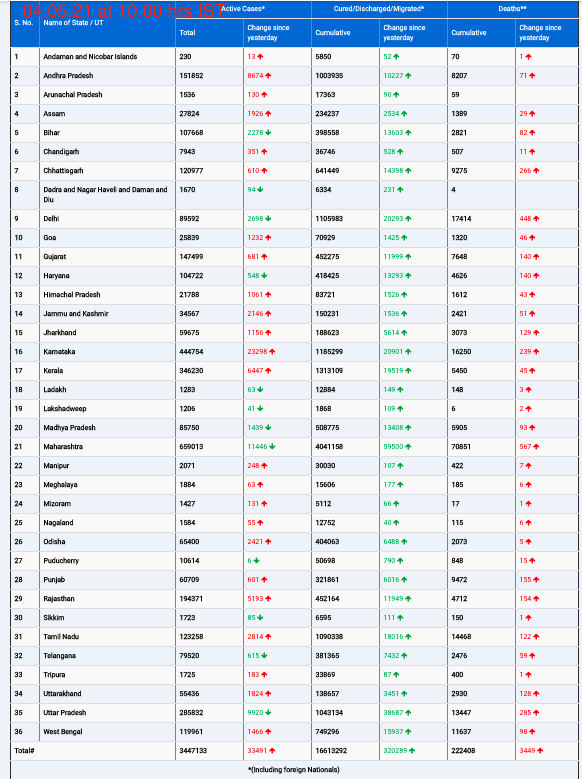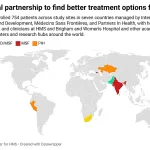As global temperatures continue to rise due to climate change, a new study from the Yale School of Public Health (YSPH) published in The Lancet Planetary Health journal highlights alarming implications for maternal and child health. The research, led by Tormod Rogne and Xiaomei Ma, reveals a significant association between exposure to high ambient temperatures during pregnancy and an increased risk of childhood cancer, specifically acute lymphoblastic leukemia (ALL).
Acute lymphoblastic leukemia is the most prevalent type of cancer among children, and its incidence has been on the rise, particularly affecting Latino children in the United States. This new study is the first to directly investigate the impact of maternal heat exposure on childhood ALL, building on previous research linking prenatal environmental factors to childhood cancers.
“Our findings suggest that maternal exposure to high temperatures, particularly during the critical first trimester of pregnancy, may contribute to the development of childhood ALL,” explained Rogne, underscoring the importance of understanding environmental influences on fetal development.
The study analyzed data from California birth records and the California Cancer Registry, focusing on children diagnosed with ALL before the age of 14. By examining gestational week-specific temperature exposures during warm months from May to September, researchers identified a notable correlation between elevated temperatures and heightened ALL risk.
“In gestational week eight, a mean weekly temperature of 30 degrees Celsius was associated with nearly double the risk of ALL compared to cooler temperatures,” noted Ma, emphasizing the vulnerability of fetal hematopoiesis, or blood cell development, to environmental stressors.
The research team employed rigorous population-based methodologies, drawing from extensive datasets spanning births from 1982 to 2015 and cancer diagnoses from 1988 to 2015. This comprehensive approach enabled them to explore potential mechanisms behind the observed link, including epigenetic modifications and inflammatory responses triggered by heat-induced oxidative stress.
“Understanding these mechanisms is crucial for developing targeted interventions to mitigate the health impacts of climate change,” added Ma, highlighting the urgent need for public health strategies to protect vulnerable populations, especially in racially and ethnically diverse communities disproportionately affected by heat exposure.
The study underscores the broader implications of climate change on maternal and child health, urging policymakers and healthcare providers to consider proactive measures in mitigating the risks posed by rising temperatures. With support from the Yale Center on Climate Change and Health, researchers continue to investigate the long-term consequences of environmental exposures during pregnancy, aiming to inform policies that safeguard maternal and child well-being in a warming world.











